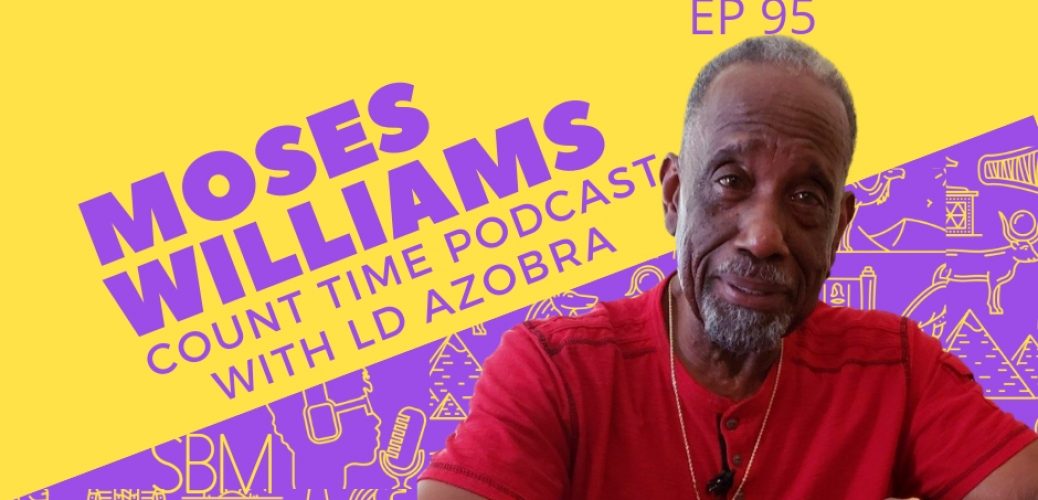Interview with Moses Williams
Organizer, musician, militant our Living Legend gives a history of Baton Rouge and its music. Social change starts at home, creating the backdrop for the stark differences between the growth of cities like Atlanta, Austin and Baton Rouge. Oppression creates heartbreak and takes a tremendous toll that requires seeking a reason not to be angry about racism. Mr. Williams discusses these topics and so much more. Understand why he was a key figure in the 1972 Baton Rouge Black Muslim story.
If you haven’t yet, subscribe to the Count Time Weekly Alerts.
You will be added to our private community for comment, discussion and members only content.
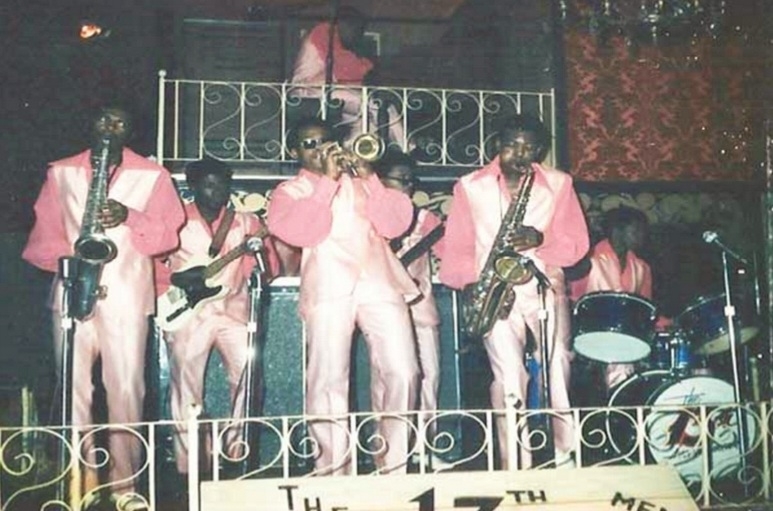
Count Time Podcast Living Legend Moses Williams
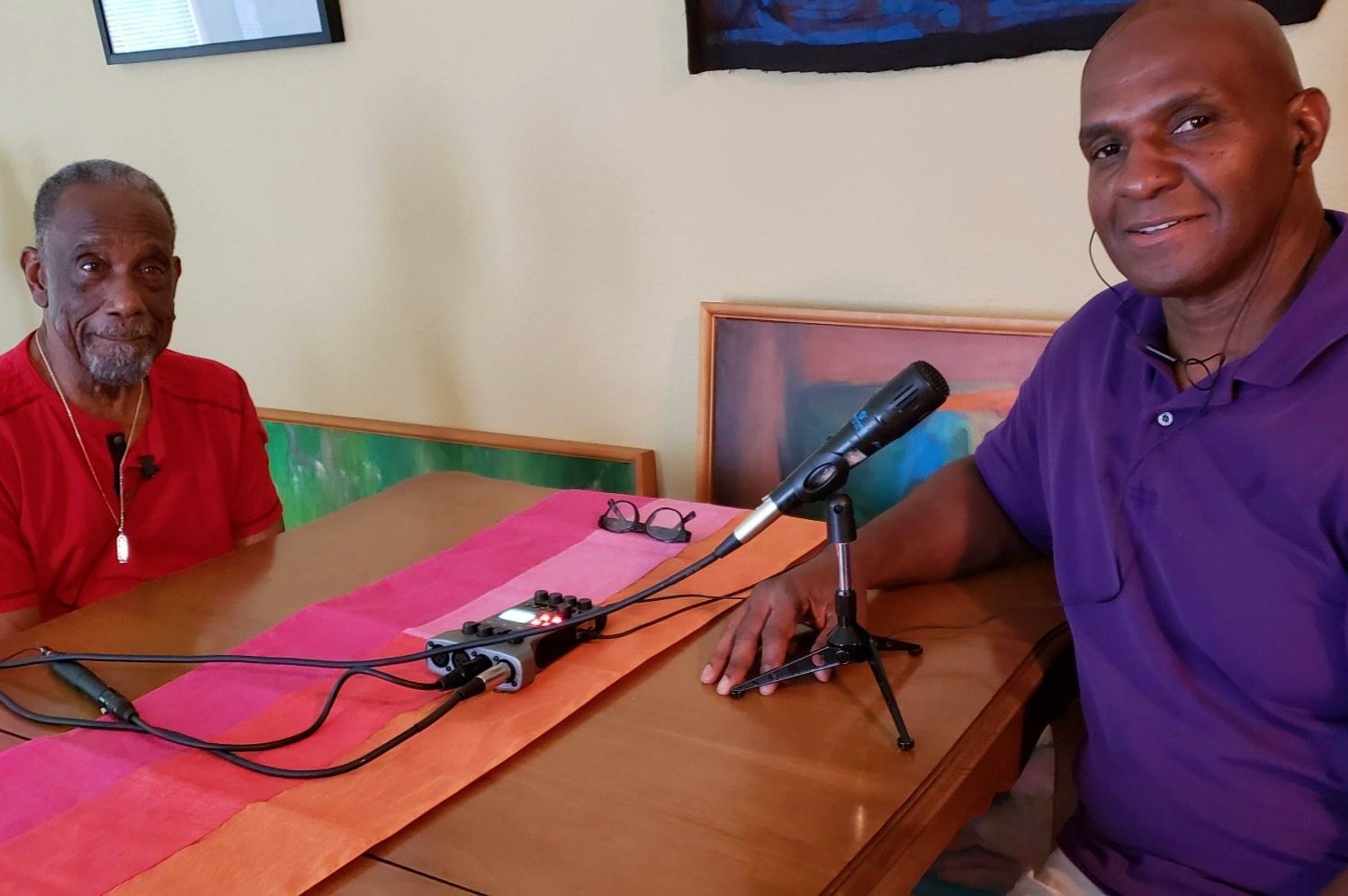
Selected quotes and notes from Count Time Podcast with LD Azobra Interview with Moses Williams
Good evening. Good evening. Good evening it’s 4:00 PM. Stand up it’s count time, time for every man and woman to stand up and be counted. Welcome to another edition of Count Time podcast. I am brother LD Azobra. Thank you for joining us today.
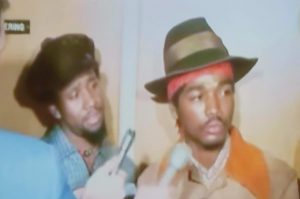
We always do it on Count Time. We always keep it fresh, keep things moving, and keep people informed and well educated about what’s going on here abroad and in your community. Today we bring it forward. This brother who really from the BR, the rouge, but at the present time living in the Atl, welcome, brother Moses Williams.
Welcome to Count Time.
MW
Thank you very much.
LD
I know you’re busy. We’re going to use this opportunity to have this dialogue and conversation about growing up in Baton Rouge. Now you’re in Atlanta. So what that was what was the Moses Williams like coming up?
MW
Well, basically, I would say inquisitive I was just the average kids trying to find my way and trying to make my way and at the same time deal with racism and the effects of it. I had seven brothers and my mother had eight kids, one girl. And I was born in New Orleans, grew up in South Baton Rouge, and I would say we were surrounded with negative effects.
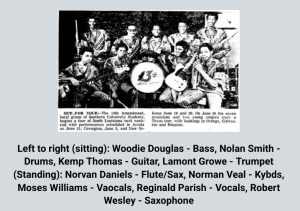
MW
He was a local kid from Baton Rouge and from South Baton Rouge. He was on his way home doing nothing wrong. And during that time, you didn’t have to do anything wrong. If they said you did something wrong, you know, you got no recourse. So he took off running, and they shot him in the back. So we started demonstrating about that because we didn’t appreciate it.
We came up with means to try to detour it, because we had to do something other than just rioting. So we started boycoting and picketing. We boycotted the police department and city hall. Went to the we marched around city hall with protest signs, and during that time, they’d instructed us to stay in line as we were marching. Don’t get out of line.
But white people would pass by and intimidate you by saying, hey, n*****, hey, n****, or something to that effect. And one of the guys would get upset about it and jump out of the line.
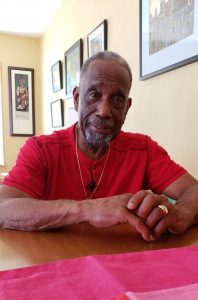
So I wrote a song. The title of the song was Get Ready, N****. And I got everybody to walk that line singing that song. So that way, if a white person passed by and said, n****, it didn’t matter because you all sing the song. So nobody jumped out of the line anymore.
LD
Do you remember how the song went?
MW
Oh, yes.
You got to be ready, you got to be strong you got
to stand up on your feet don’t let the honkey do
you wrong I know he shot your black brother
don’t you let him shoot another Get Ready n****
you want to talk about number one?
The Honkey’s got a gun.
Want to talk about number two?
You better find out what you got to do

